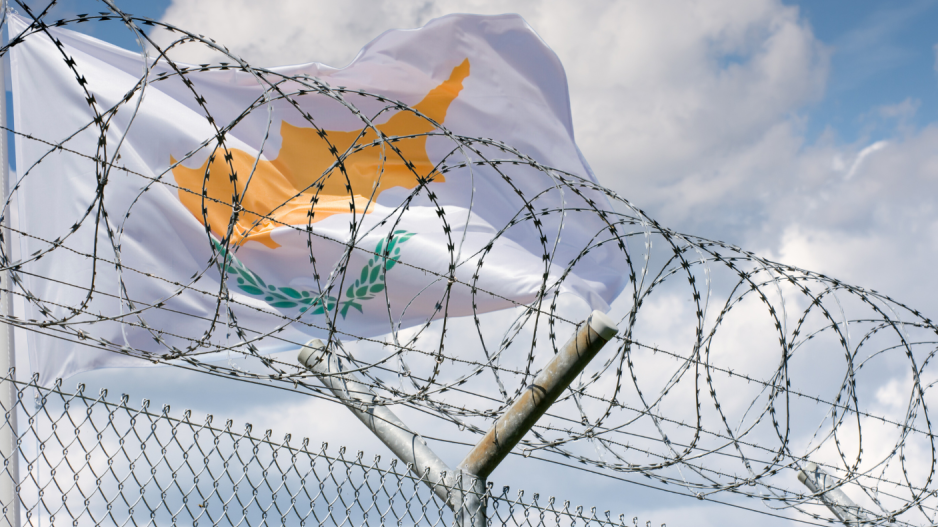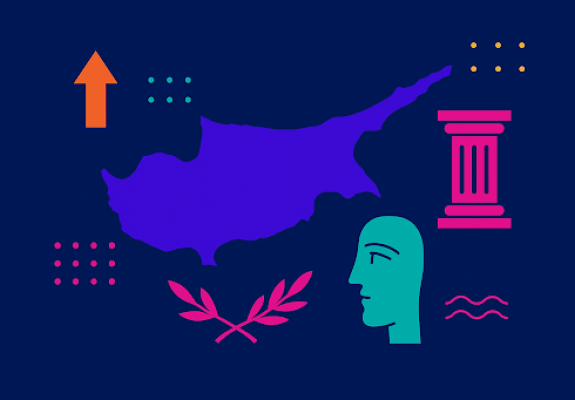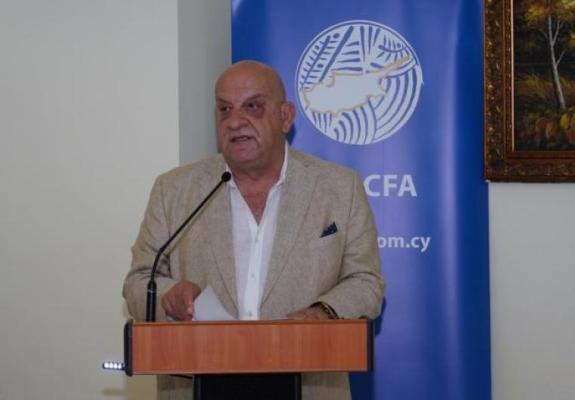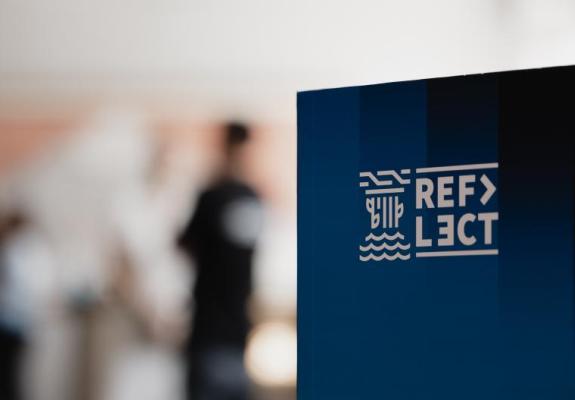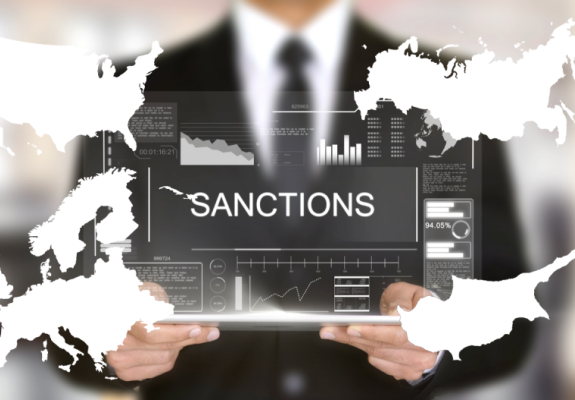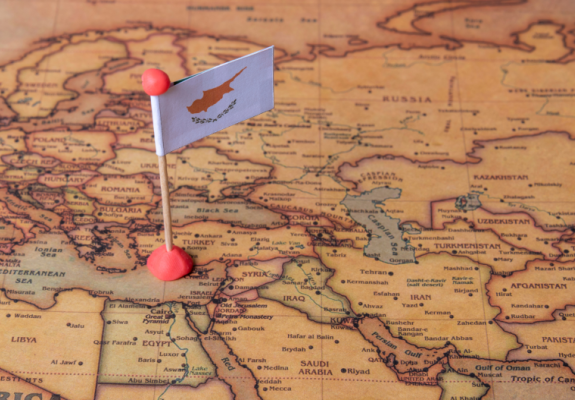Why Prisons in Cyprus Have Caught Global Attention
When we think of prisons, we often picture them as places of punishment and isolation. However, the purpose of incarceration should not solely be to punish individuals who have committed crimes, but also to help them reintegrate into society. This is where the concept of rehabilitation comes in. Prisons can be rehabilitative rather than strictly punitive.
So, what constitutes a prison to be rehabilitative?
First and foremost, it is critical to provide inmates with access to education and job training programs. Many inmates lack the skills and knowledge necessary to secure employment once they are released, which can lead to recidivism. Offering education and job training programs can give inmates the skills they need to find employment and become self-sufficient, increasing their chances of successfully reintegrating into society.
Another important aspect is creating opportunities for inmates to develop social connections. Many inmates come from disadvantaged backgrounds and lack a support system. Giving them opportunities to build positive relationships with staff members and other inmates can help them develop a sense of belonging and support, which can be crucial in preventing them from returning to criminal behavior.
Helping inmates integrate into society through cooperative reentry planning is a significant factor. This means working with inmates to create a plan for their release and ensuring that they have the necessary resources and support to successfully reintegrate into society.
This can include helping them find employment, securing housing, and connecting them with community resources such as mental health services and substance abuse treatment programs.
As we focus on the core rehabilitative elements that prisons should exercise for inmates, Cyprus has received global recognition for the culture and support provided to their prison inmates. More specifically, Nicosia’s sole prison has been venerated as one that aims to provide opportunities, rather than stripping them from people. This is made evident through the mission statement of Cyprus’ Prison Department, focused on providing security, humane treatment, education, and the appropriate rehabilitation needed by individual inmates.
The prison’s healthy practices between staff and inmates has been observed for decades. An American Jails Journal volume in 1997 highlights that “staff encourage inmate self-esteem by offering opportunities for education, vocational training, recreation, problem-solving, and self-evaluation.” These practices were never abandoned, and have seemingly been held in-tact and improved since 1997.
Observing figures from 2019 and 2020, Cyprus has among the lowest number of incarcerated individuals in Europe. This can partly be attributed to the island’s lower population compared to other countries in the region, and that there are fewer prisons, however, Cyprus also has among the healthiest recidivism figures globally.
In 2021, Cyprus was a finalist in the European Commission’s (EuC) ‘Celebrating Diversity’ category for the 2021 #BeInclusive EU Sports Awards. Cyprus’ reformed prison management model promotes access to opportunities for individuals to strive for a better future for themselves; one where they can feel a sense of belonging when integrating back into society.
Cyprus’ Prisons Department approached the initiative by constructing sports and athletic training facilities to encourage collaboration between inmates. This effort, under the management of Anna Aristotelous, director of the island’s central prisons, helped in reducing recidivism from just over 50% to under 15%, which is a testament to the facilities and opportunities given to inmates.
The drive to improve the lives of Cyprus’ inmates caught global attention as Nicosia’s central prison was featured in a Netflix docuseries lead by Raphael Rowe. Rowe was once wrongfully convicted of a murder in the UK, a time in which he developed a new-found sympathy for convicts. Upon completing his visit to Nicosia’s central prison his depiction was found to be “the most humane one I’ve ever seen portrayed. A woman runs the prison and her unique, kind ways have seen a drop in re-offenses.”
Nicosia’s central prison has made an example for others that are not as anthropocentric and focused on providing opportunities for inmates. For example, the Black Dolphin Prison in Russia, named after a dolphin sculpted by inmates, only allows convicts outside of their cells for 90 minutes per day in a yard with minimal equipment and facilities. Another example would be that of Gldani Prison in Georgia, which was under international investigation for the torture of prisoners exercised by prison guards.
Anna Aristotelous’ actions have not been favored by everyone, however. A recent scandal initiated an investigation on an inmate and a senior officer after certain activities indicated mal-intent towards her. The motives have not yet been made clear, but it is concerning that there are individuals seeking to cause harm to someone who has been making efforts to improve aspects of society in Cyprus.
Rehabilitative reform focused on helping convicts improve their skills, knowledge, and ability to integrate in society has been the central focus of Cyprus’ Prison Department for years.
The efforts made by Anna Aristotelous and prison staff to promote diversity and inclusion have set an international standard witnessed by people around the world, and may encourage further reforms to be made internationally in the way offenders are treated. Prisons do not exist for the sole purpose of punishing people’s wrong-doings, but also to provide them the opportunity to correct their mentality, perspectives, and behaviors to return to society.
